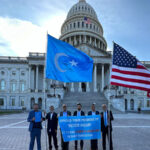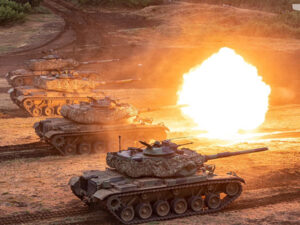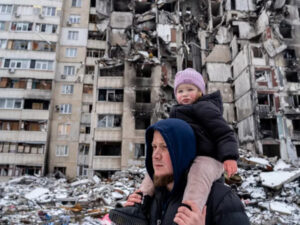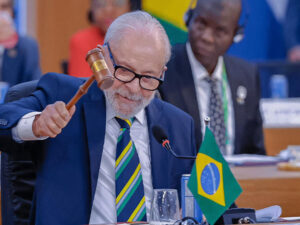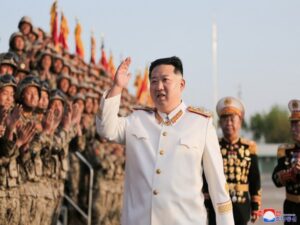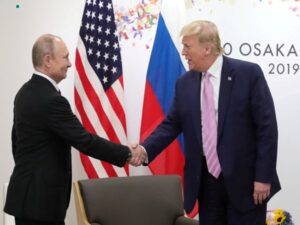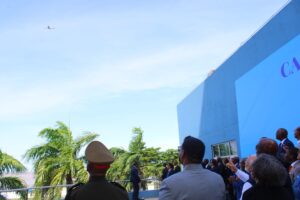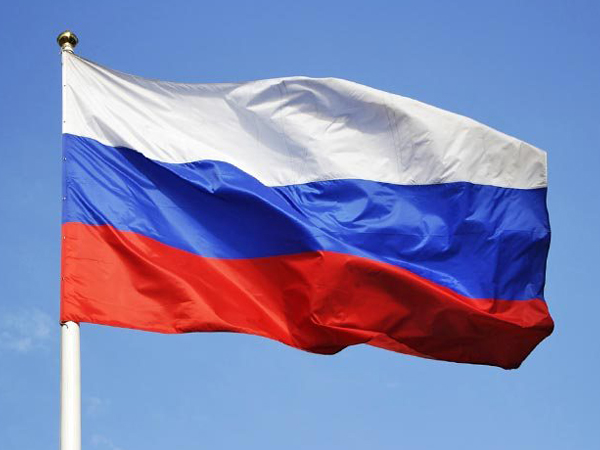
Kabul [Afghanistan], November 23 (ANI): Following the Taliban takeover of Afghanistan, a power vacuum has emerged in the wider region, along with security concerns for powers such as Russia, which fears the rise in smuggling of narcotics and arms will result in greater instability in Central Asia.
The Taliban entered Kabul on August 15, causing the US-backed government to step down. Almost three months have passed, the country is currently battered by the deepening economic, humanitarian, and security crisis.
The international community, from governments to non-governmental organizations, has been providing various assistance to the Afghan people.
In his blog post for the Russian International Affairs Council (RIAC), political analyst Valerio Fabbri said Russia, which maintains a military base in the former Soviet Union state, is concerned that militants, as well as drug smugglers, could take advantage of the unstable situation.
According to Fabbri, Russia clearly understands that instability in Afghanistan is detrimental to the whole region and ultimately to itself. However, Moscow is also aware that it cannot handle the situation with its forces alone, even if it wanted to.
“It is for these reasons that Pakistan’s role and involvement in the entire Afghanistan-Tajikistan affair become crucial. On the one hand, Islamabad, which has backed the Taliban from the very beginning, claims that all problems will be resolved once the international community recognizes the Islamist government,” he said.
Aside from this, the expert also noted that several countries are concerned about the rise of terrorism along with all its associated problems. “The possibility of the Islamic threat proliferating across the region is present and live, especially without a coalition of countries and forces that go in the same direction and do not harbor contrasting goals. Let alone the perspective of armed Islamists, give a high risk of the illegal arms trade,” he said.
Recognizing Pakistan’s role in fomenting terrorism, Febbri said Russia is aware that during the Soviet occupation, foreign assistance to the mujahideen arrived via Pakistan, handled by the ISI, who coordinated all operational activities with the guerrilla militias.
“In other words, foreign funding helped establish hundreds of madrassas (religious schools) in Pakistan’s cities and frontier areas. These turned out thousands of Taliban, who joined the mujahideen in the anti-Soviet campaign, a proxy war which finally led to the withdrawal of Soviet troops from Afghanistan,” he said.
According to the writer, most of today’s Afghanistan chaos originated in those years, and the withdrawal of the US and its allies only accelerated those processes, which 20 years of Western presence tried to reverse. (ANI)




